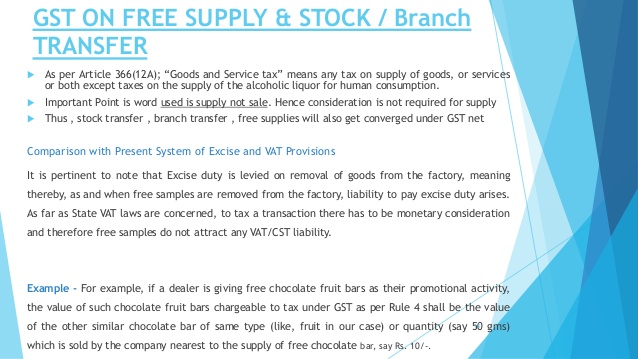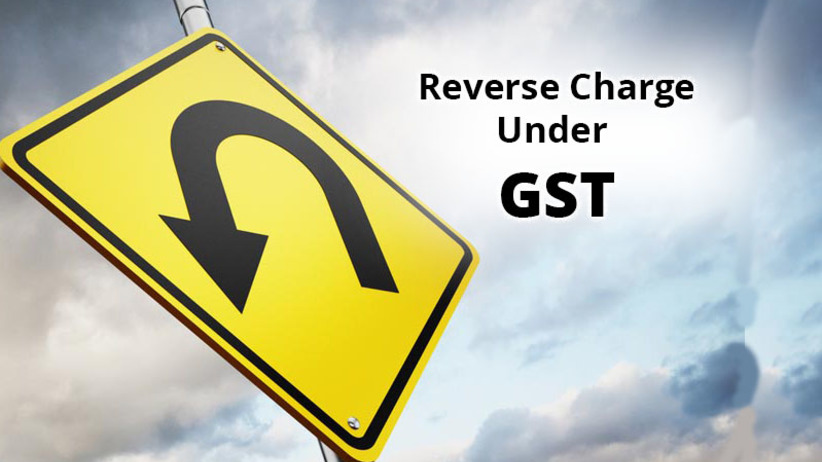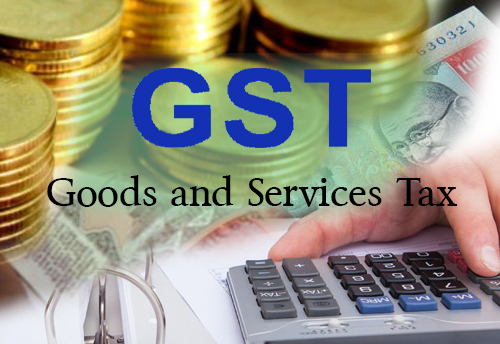Is Your Business Prepared for Initial Teething Troubles GST will Bring Along?

Goods and Services Tax may create more problems in beginning than it solves
GST may not working simple for reasons as Requirement of Multiple registrations; Onus of deposit on tax is on customer, Exempt customers also first to pay tax then seek refund; Branch transfers, Captive consumption also to be taxed

GST, going to be in place effective 1st April 2017, is aggressively been marketed as the simplified version of existing taxation structure and would make life much easier than today. In fact, as against now, where a trader having turnover exceeding Rs 10 lacs has to get himself registered with Sales Tax department, the limit of threshold turnover has also been increased to Rs 20 lacs.
There is no doubt, present taxation structure is quite complex and cumbersome where a seller has to be registered with multiple authorities as Excise department, Sales tax department, service tax department etc, in proposed GST regime only one registration will do. Though under GST regime, a business would still have to get itself in as many states as the business is being conducted by him.
But would GST be making life any simpler?
1. Multiple registrations Required by Business Houses-As like in present system where a business house has to get registered both for VAT and CST(i.e. interstate and intra state turnover), in GST too, the assesses would have to get dual registration as for Central GST, Integrated GST (renamed as ‘goods and services tax levied on supplies in the course of inter-state trade or commerce’)
2. Certain dealers exempt at present would also have to get themselves registered– As against present option to an assessee whether to get registered in a state where he is a casual trader and not conducting regular business, under GST system, he would have to get registered in each state and each of his business vertical would have to get registered. All this would be increasing cost of compliance for the business.
3. Change in definition of supply to affect effective rate of taxes- Under GST regime, the taxation would be on Supply and the definition of supply would not be same as at present. Supply under GST rules would include, branch transfer, transfer for self or captive consumption, goods under exchange or consignment sales. More specifically, the change in definition of supplies to include consignment, captive consumption and branch sales are likely to lead to litigation, interpretation issues and it would be a major factor to increase the effective rate of tax and thus increase in price to the consumer.
4. Dealer not to get credit of taxes paid by him on purchases where the collecting dealer has not deposited the same- To get the credit for input taxes paid, the deposit of such tax by the preceding dealer who collected the tax would be mandatory criteria. Thus where the collecting dealer does not deposit tax with Government, the trader would be denied benefit of such tax already paid by him. Instead of such denial of credit to a dealer, the Government should strengthen its mechanism to collect taxes from errant dealers
5. The change in definition of time of supply of goods, and services also are expected to create some interpretational issues in the beginning
6. Excise duty on some products to still continue-Levy of both Excise Duty and GST on certain select products as Tobacco would have impact of price increase in such goods. The smuggling of imported Cigarettes is already a burning problem for Indian tobacco industry and this may lead to aggravating of this problem.
7. Initial teething troubles– Lack of training and understanding of the new system; both at assessing officers and at business houses end; at least during the initial period of say 2 years, would lead to non compliances or litigation / penalties etc
8. Exempt Customers also to First pay taxes then claim refund-Certain categories of customers, such as consulates, presently exempt to pay and local taxes would have to pay taxes and then claim refund. In present days, when there is emphasis on reduction of unnecessary paper work, the requirement of first paying taxes and then claiming the refund, would only add to the compliance costs and unnecessary work load


 Sales Tax For E-Commerce: 3 Things Small Businesses Should Know
Sales Tax For E-Commerce: 3 Things Small Businesses Should Know  What Is The GST Liability on Free Supply of Goods and Services?
What Is The GST Liability on Free Supply of Goods and Services?  Some FAQs about GST- Understanding Scope and Provisions of GST
Some FAQs about GST- Understanding Scope and Provisions of GST  Understanding the Reverse Charge mechanism under GST and IGST?
Understanding the Reverse Charge mechanism under GST and IGST?  Pros and Cons of GST- Is Ushering in of GST worth Celebrating as media wants us to believe?
Pros and Cons of GST- Is Ushering in of GST worth Celebrating as media wants us to believe?  Arrests and Detention Provisions under GST in Detail- Are these justified
Arrests and Detention Provisions under GST in Detail- Are these justified  ITAT Amritsar: No Section 269SS Violation for One-Time Cash Payment Before Sub-Registrar
ITAT Amritsar: No Section 269SS Violation for One-Time Cash Payment Before Sub-Registrar  Tax Officials Unleash Digital Dragnet: How New Raid Powers Redefine Privacy, Property Rights in India and likely to Fuel Corruption
Tax Officials Unleash Digital Dragnet: How New Raid Powers Redefine Privacy, Property Rights in India and likely to Fuel Corruption  Income Tax Department Rewards for Reporting Tax Evasion: A Comprehensive Guide
Income Tax Department Rewards for Reporting Tax Evasion: A Comprehensive Guide  Forfeiture of Gratuity by Employer- What are the Remedies for an employee- Can employer be challenged?
Forfeiture of Gratuity by Employer- What are the Remedies for an employee- Can employer be challenged?